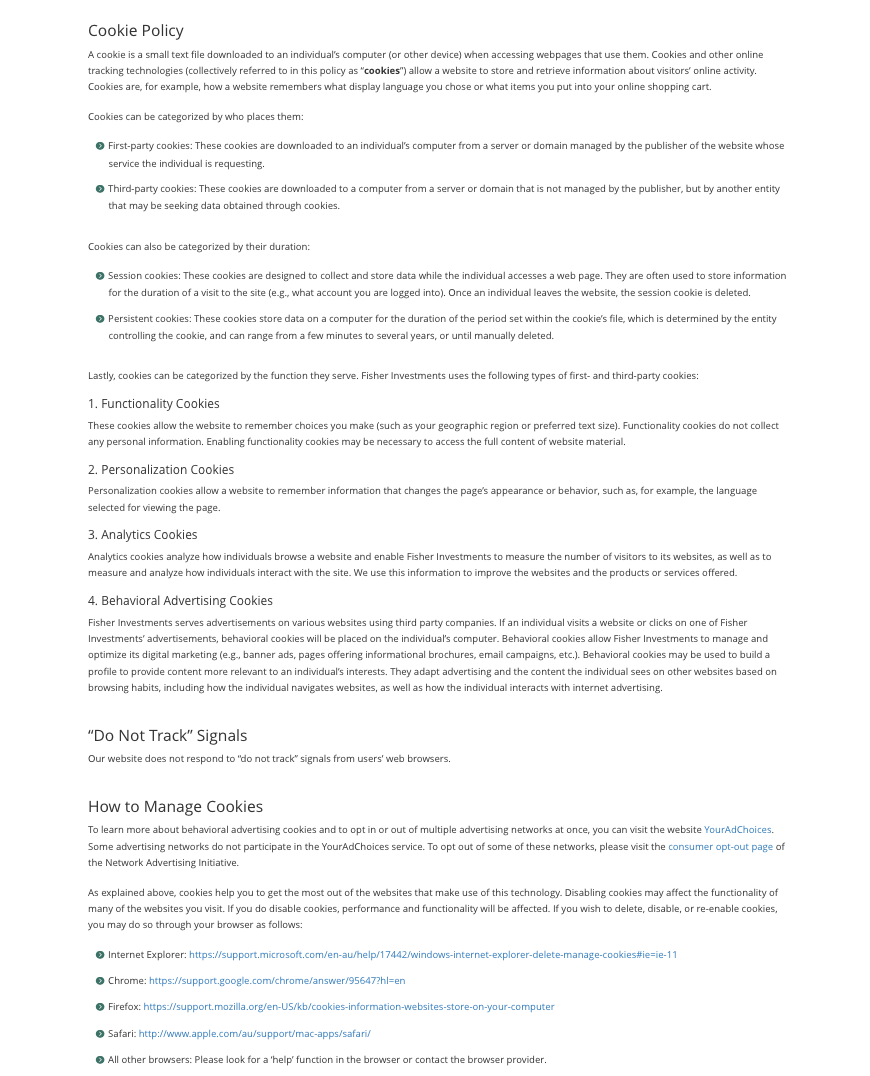The Data Protection Act (DPA) 2018 is the UK's updated data protection law which became effective on 25th May 2018 and was recently amended on the 1st January 2021 to reflect the United Kingdom's exit from the EU. It sits alongside the UK GDPR and replaces the Data Protection Act 1998. The United Kingdom is […]
Privacy Policy for Google Adsense
How does a Privacy Policy meet the requirements for Google Adsense?
If you wish to use Google Adsense on your website, you need to comply with Google's Privacy and Security required content as set out below.
Listen to this article in audio format"Your privacy policy should include the following information:
Third party vendors, including Google, use cookies to serve ads based on a user's prior visits to your website or other websites.
Google's use of advertising cookies enables it and its partners to serve ads to your users based on their visit to your sites and/or other sites on the Internet.
Users may opt out of personalized advertising by visiting Ads Settings. (Alternatively, you can direct users to opt out of a third-party vendor's use of cookies for personalized advertising by visiting www.aboutads.info.)"
Adsense Required Content (https://support.google.com/adsense/answer/1348695?hl=en)
On this page
What is Google Adsense?
Google Adsense is a cost per click program, which allows website owners to run advertisements which are targeted at the content of the site and its users. Basically each time a person clicks on the advisement the website earns a small commission. Currently the website owner will earn 68% of the revenue for that click and Google receives the other 32%.

When you sign up to the Google Adsense program, you will need to agree to their terms and conditions (see the difference between Privacy Policy & Terms) . Point 10 of the Google Adsense Terms and Conditions reads:
"You will ensure that at all times you use the Services, the Properties have a clearly labeled and easily accessible privacy policy that provides end users with clear and comprehensive information about cookies, device-specific information, location information and other information stored on, accessed on, or collected from end users' devices in connection with the Services, including, as applicable, information about end users' options for cookie management. You will use commercially reasonable efforts to ensure that an end user gives consent to the storing and accessing of cookies, device-specific information, location information, or other information on the end user's device in connection with the Services where such consent is required by law."
Part of Google Adsense Terms and Conditions
What does this mean for you?
This means that your website requires a Privacy Policy which needs to include the following:
- A Cookie Policy
- How to opt out of cookie tracking
- Specific clauses as stated by Google
Also Google requires that you are getting consent from your users for the use of cookies.
Privacy Policy
A Privacy Policy is a legal document which informs your users of the type of information you collect, why you collect it, how and where you store it and how you keep it secure. It also informs them of their rights and how to opt out of having their data collected, including opting out of cookies.
There are some International Laws that need to be complied with also, the major ones are GDPR, CalOPPA, and CCPA.
Cookie Policy
Your Cookie Policy can be included in your Privacy policy and needs to outline the following information about cookies:
- Definition of a cookie: A cookie is a text file placed on the browser of a user and is stored there so the website will remember you between pages and/or sessions.
- What cookies your website uses: Some common types of cookies that your website may use are Functionality Cookies, Sessions Cookies and Persistent Cookies.
- Why you use them: What is your purpose for using cookies?
- How to opt out of them: Details of how to opt out of cookies and how the service may be affected if the user chooses to opt out.
The below example from Fisher Investments is a great example of a Cookie Policy. It defines cookies, outlines the cookies they use and how to opt out of them.

Opting Out of Cookie Tracking
Your Privacy Policy needs to include details on how your users can opt out of cookie tracking if they wish to. Include a list of the third party cookies you use and a link to how the user can opt out. Some common third party cookies are Facebook and Google Analytics.
Specific Clauses as Stated by Google
The clauses Google required are quoted at the very beginning of this article. As part of the Terms and Conditions that you must accept when using Google Adsense, these clauses need to be included in your privacy policy.
Ensure you have details in your Privacy Policy which inform your users of how they can opt out of ads if they wish.
Special Requirements for EU Residents
The above points are required for any website or business regardless of where they are located or who their customers or users are. However when it comes to residents of the European Union, there are some special requirements in order for you to comply with the GDPR.
- Users must be informed as soon as they access your website that the site uses cookies.
- The type of cookies you use and the type of cookies used by third party sites
- Information regarding the placement of cookies and the reason your site is using them
- Consent to the use of cookies must be obtained. This can be done in two ways. Through active consent, by placing a check box for them to click on or through passive consent, by informing your users that by continuing to use your website they are consenting to the use of cookies.
Create Your Privacy Policy
Creating your Privacy Policy is easy with our Privacy Policy Generator. Our Professional Privacy Policy will cover you for not only Google Adsense but includes a comprehensive cookie policy. Your policy will be compliant with international policy laws like GDPR, CalOPPA, CCPA and COPPA. With 100+ options available it's easily customizable to suit your website needs.
Disclaimer
The information in this article is for informational purposes only and should not be construed as legal advice on any matter and does not create a lawyer-client relationship
